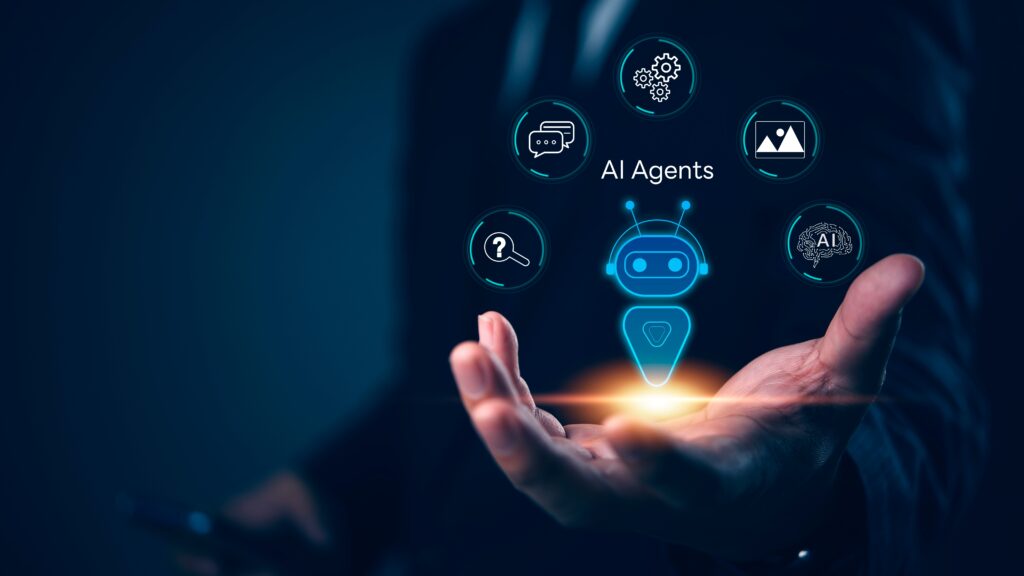AI was a major theme at Gartner’s 2025 IT Symposium/Xpo in Barcelona. Discussions throughout were focused on scaling AI and transforming the whole enterprise and making ERP systems stronger and more efficient. In a Bain article covering the event, the analysts highlighted several key themes:
- AI-ready tech stacks are coming into focus. AI agents will coexist with ERP and other systems and remain the key focus. AI transformations will not be possible without upgrading those underlying systems. These transformations will need to rework future processes. It’s not just about adding automation. The transformation needs to redefine processes altogether to capture the full benefits. Companies also need to decide whether to build, buy or partner their AI agent and cybersecurity will remain a critical part of the process.
- Data quality is critical. With any ERP system, data quality remains the key variable in the process. For AI agents to be successful, organizations have to clean, organize and govern their data so it’s discoverable and reusable. Many companies are far behind in this process and adding AI agents will deliver inconsistent results.
- Companies must educate their workforces on AI. There’s an arms race out there for AI talent and companies need to train their people. Scaling AI and educating workers isn’t cheap, but if they’re going to be successful, they need to do the work up front.
- Technology repatriation. Companies are turning toward local solutions for the cloud to reduce potential geopolitical shocks as well as concerns about data security when it comes to foreign suppliers. For AI, more stringent data privacy requirements will drive the need for local data processing at the network edge.
- CIOs will play a key role in AI transformation. CIOs need to take ownership of these developments and work systematically across domains to understand the right level of automation for each. This includes deterministic automation, agentic AI and transformation with AI copilots, while remaining fundamentally human. This will help CIOs create an integrated picture that’s clear to their company. They also should concentrate efforts on scaling valuable initiatives and resolving potential pain points.
ERPs can play a key role in AI integration and make future initiatives successful as the technology matures. However, it will only be successful if companies ensure their ERP and the data it controls is clean and organized.
What This Means for ERP Insiders
AI-ready enterprise architectures are becoming critical for ERP evolution. AI agents coexisting with core systems indicates architectures need to be modernized, which includes ERP platforms. Cloud alignment and renewed integration patterns also are important. Companies need to prioritize composability, cybersecurity-ready design and process reinvention to unlock scalable AI value.
Data quality is a key component in shaping AI outcomes in ERP environments. AI’s success in ERP environments is dependent on good data governance. Companies need to invest in cleaning, organizing and governing their data so it’s discoverable and reusable. This offers companies a chance to modernize their systems because deploying AI on fragmented legacy ERP landscapes will not yield the results for which they are hoping.
Workforce readiness and training is critical for next-generation ERP programs. Companies need AI-literate talent, which is giving CIOs a chance to make their mark. CIOs must orchestrate skill development throughout the enterprise and position ERP as the foundational control point for responsible, enterprise-wide AI adoption.






